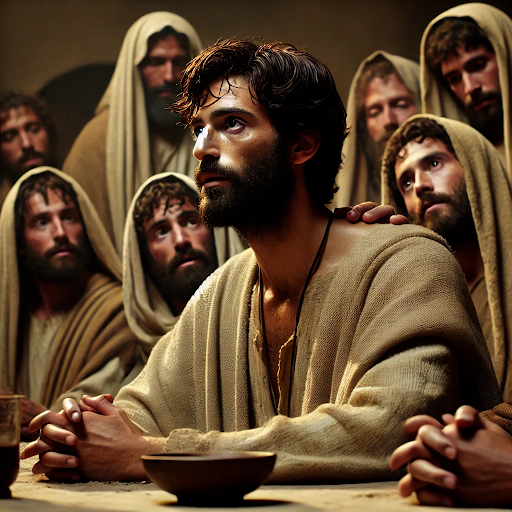In the hills of Judah, among the olive trees and towns, the prophet Micah spoke to a people caught in political chaos and religious confusion. It was a time when Israel was torn between worshiping false gods and following the LORD. In this turmoil, Micah stood as a voice of truth in a time of deception.
Micah’s world isn’t that different from ours. People sought power, wealth, and status, often at the cost of justice and righteousness. In the midst of this, Micah wrote the words found in Micah 6:2.
The Lord’s Question: “What Have I Done Unto Thee?”
In Micah 6:2, God asks a piercing question: “What have I done unto thee?” This isn’t a rhetorical question but an invitation for us to reflect. God is calling us to consider how we have responded to His goodness and care.
Micah reveals that true worship isn’t about physical offerings. It’s about how we live, how we love, and how we carry ourselves with both God and others.
“Wherewith shall I come before the Lord, and bow myself before the high God? shall I come before him with burnt offerings, with calves of a year old? [7] Will the Lord be pleased with thousands of rams, or with ten thousands of rivers of oil? shall I give my firstborn for my transgression, the fruit of my body for the sin of my soul?” – Micah 6:6-7
God doesn’t want our material gifts; He wants us. His real requirements are found in Micah 6:8:
“He hath shewed thee, O man, what is good; and what doth the Lord require of thee, but to do justly, and to love mercy, and to walk humbly with thy God?”
1. Do Justly:
This is about living with fairness, integrity, and righteousness. It means making decisions that reflect God’s standards, not just what the world accepts. Whether in business, family, or daily life, doing justly is living in a way that honors God’s holiness.
2. Love Mercy:
Mercy is at the heart of the gospel. Loving mercy means showing forgiveness and compassion, even when it’s not deserved. It’s about recognizing the needs of others and responding with kindness. Jesus demonstrated this mercy to us, and we are to show the same grace to those around us.
3. Walk Humbly:
This is our attitude toward God. Walking humbly means recognizing God’s authority and our dependence on Him. It’s about surrendering our pride and submitting to His will. True worship comes from humility, where we bow in reverence before the Almighty.
Micah 6:2 reminds us that God isn’t looking for grand displays or material sacrifices. Instead, He wants us to live lives that reflect His character—through justice, mercy, and humility. These aren’t burdens but blessings, leading us to a life that honors God and brings fulfillment. Let’s aim to live out these words, allowing God’s love and wisdom to come through us to the world around us.




